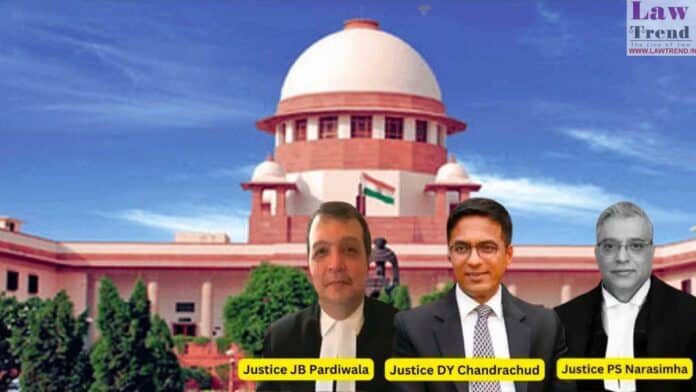The Supreme Court Friday said the Centre and investigating agencies are not arresting big fish who are members of international drug syndicates but catching small fish like agriculturists and someone standing at a bus stand in NDPS cases.
The remarks of the top court came on a bail plea of an accused who was arrested after opium was found in his fields and has served more than five years in jail.
A bench of Chief Justice D Y Chandrachud and Justices P S Narasimha and J B Pardiwala said, “We must say that the Government of India and the investigating agencies are not arresting big fish. Why don’t you go after international drug syndicates? Try to catch them. You are only catching small fish like agriculturists, someone standing at bus stand or other places.”

The top court was hearing the bail plea of Sabir who was booked under the Narcotic Drugs and Psychotropic Substances (NDPS) Act after opium of commercial quantity was recovered by the police from his agriculture lands.
Additional Solicitor General Vikramjeet Banerjee, appearing for the Madhya Pradesh government and the Narcotics Control Bureau, opposed the bail plea, saying that it was not a small quantity and he had already been convicted twice.
The bench said the maximum sentence for the quantity of psychotropic substance recovered is 10 years and he has already served more than five years in jail for the offence.
“These are small-time farmers who could not secure bail for the offence,” the bench observed, adding that he was entitled for bail.
The top court then proceeded to grant bail and rejected the submission of the state government and the NCB.







